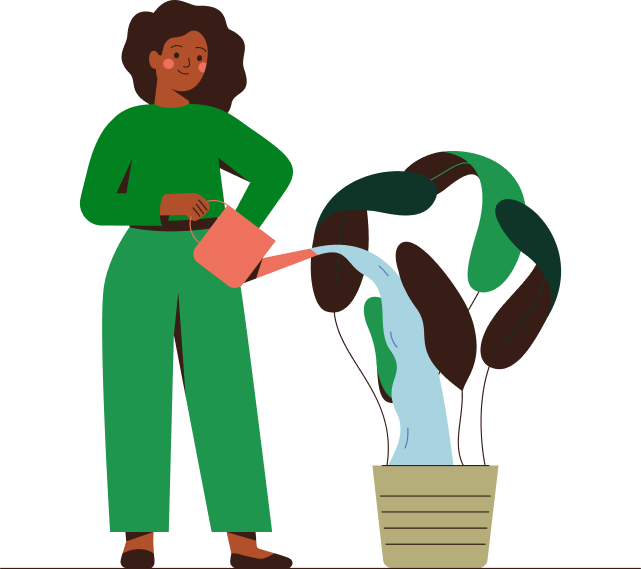When a loved one is gambling, it’s vital to look after yourself, stay safe, and protect your finances.
Even if you trust your family member, partner, or friend, gambling harm may change their behaviour.
Evidence suggests a correlation between gambling harm and domestic abuse, including financial abuse (Australian Institute of Family Studies). It’s critical to take precautions that can help minimise the impact that their gambling may have on you.


Emergency services
If you are in immediate danger, please call 000
Lifeline
Lifeline provides 24/7 crisis support.
Gambling Help
Gambling Help assists those affected by someone else’s gambling.
It’s free, confidential, and 24/7.

There are ways you can protect yourself and your family from someone else’s gambling harm. Even if their gambling hasn’t become harmful yet, it doesn’t hurt to take some preventative steps.
Gambling harm can change someone’s relationship with money and finances. You might find yourself trying to provide financial help to the person who’s gambling – whether you’re loaning them cash, paying their way at social outings, or taking on their share of financial responsibilities in your household.
Even though you may trust your family member, partner, or friend, gambling may change the way they behave or how they treat you and others.
Here are some precautions you can take to protect your finances:
Financial abuse is when someone controls, manipulates, or restricts access to your own money and finances.
Financial abuse can be hard to identify, especially because of gender and cultural norms related to money.
A Queensland study found a strong correlation between male partners experiencing gambling harm and perpetrating financial abuse (AIFS).
Signs of financial abuse in relation to gambling can include:



Call Gambling Help
Call for a free, confidential chat any time, or to book an appointment.